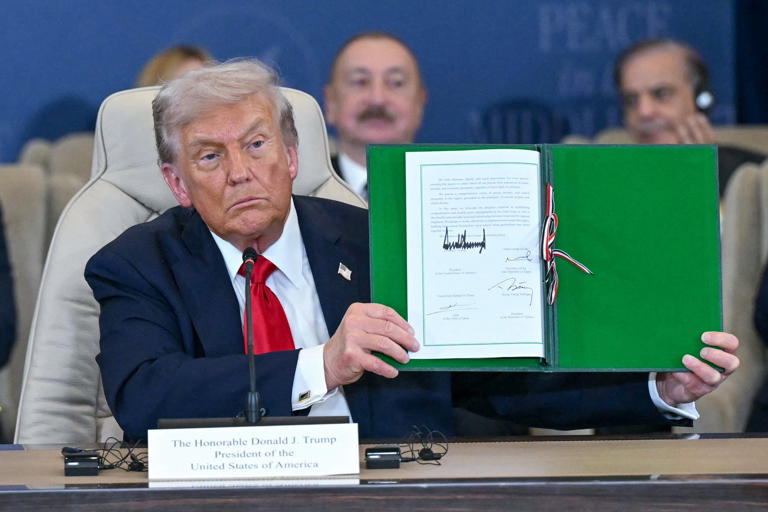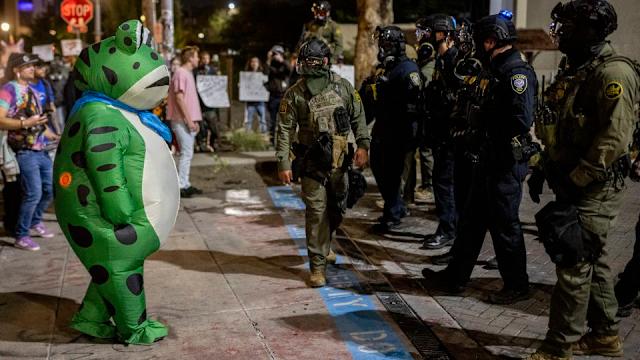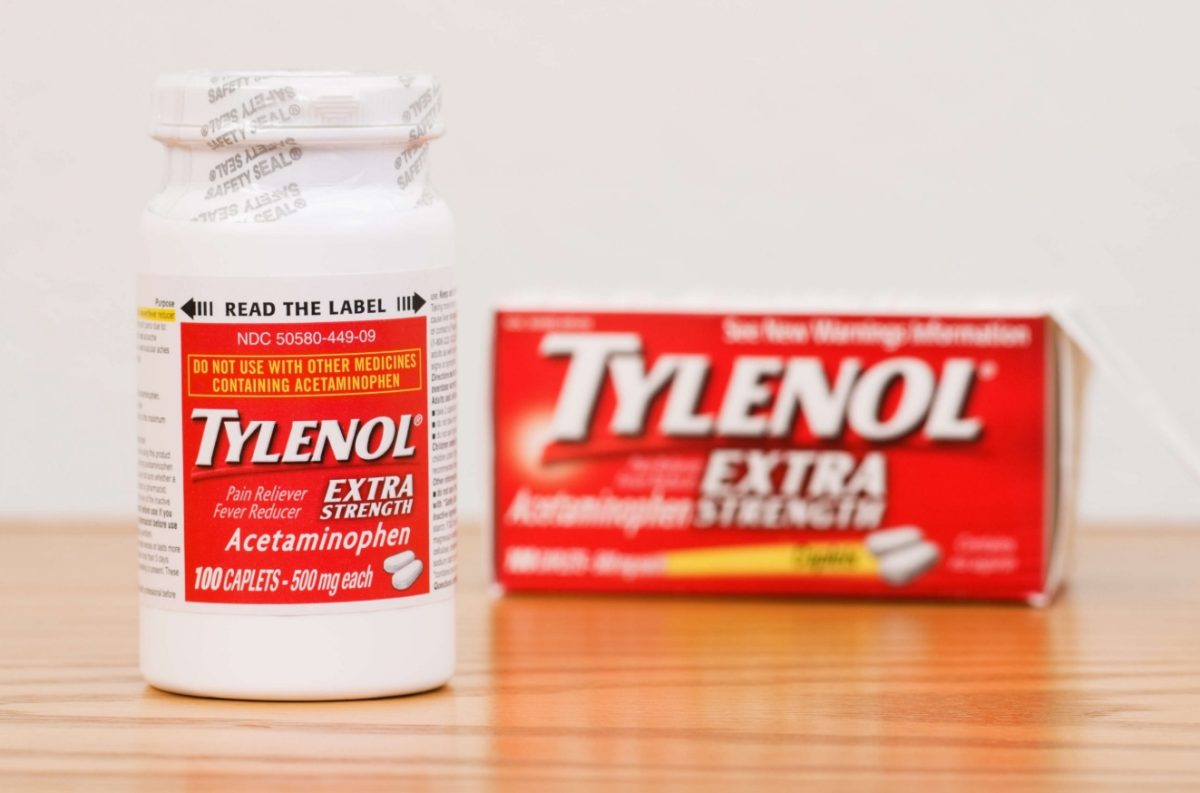The one word that makes communications majors at Gannon University cringe and cower in fear is “thesis,” the dreaded class that all communications majors must take before completing their undergraduate degrees.
The course consists of researching and writing a 20-page paper, as well as giving a 25-30 minute presentation in front of a panel of chosen professors and an audience of peers. After the presentation, a Q&A session with the panel occurs. Afterward, the student’s final grade is determined. Hearing the course requirements often invokes terror in underclassmen.
Freshman communication arts major Kevin Hoderny has summed up his thoughts on the class that he will not have to take for another three years.
“I think it’s going to be a big challenge that is going to take time and a lot of effort,” Hoderny said. “If I had to describe it in one word, it would be feared.”
Mary Carol Gensheimer, an assistant professor in the communication arts department, conducts the senior thesis class. She said she knows that going into each semester, the dread is on students’ brains.
“It is a lot of work,” Gensheimer said. “Students must dedicate a lot of hours toward research. The time commitment is significant.”
The hours upon hours devoted to thesis is a factor on junior communication arts major Beth Gaertner’s mind. Gaertner said she realizes that her senior year, whichever semester thesis fits in, is going to require more work and dedication.
“I will not have a life, and my nightmares have already begun,” Gaertner said. “I hope my roommates are prepared for me to turn our living room into a thesis den or will be willing to come see me in the library. Also, I plan to start researching my topic this summer in hopes of having a bit of a social life next year.”
However, what a lot of communications majors do not realize right away is that Gensheimer does not expect the entire thing to be done at one time. In fact, the class is split up by sections to make it easier on students and to give them the proper amount of time with their subjects of choice.
“For the paper, we survey the literature,” Gensheimer said. “Then we find an analytical model that is appropriate. We formulate a thesis statement, organize the evidence and then draw a conclusion.”
Gensheimer also said that each project is different. The paper and the presentation are done mostly the same way, but the performance and the defense are practiced.
Splitting the tasks up makes the thesis process easier on the students and is a plan that Gensheimer has perfected.
“I am a believer in the cumulative effect of regular small tasks,” Gensheimer said. “Regular deadlines produce a lot of creative output.”
This is also the philosophy for the whole department. Gannon alumnus Sean Amicucci, who graduated from Gannon in 2009, looked back at his time in the communications department and said that it was a very positive experience.
“The communications program at Gannon really helps prepare you for the business,” he said. “They immediately give you tangible experience in your specific area of interest, whether it be The Knight or, in my case, 90.5 WERG. I currently apply a lot of what I learned at WERG on a daily basis with my current job at Connoisseur Media.”
Amanda Flick, another 2009 Gannon grad, who now works for the Nonprofit Partnership as the marketing and communications specialist, said that the senior thesis course helped prepare her for professional presentations.
“Completing my thesis on a topic related to what I wanted to do after graduation was a great way to bridge the gap between writing a college paper and being able to put together a professional presentation that would be acceptable to give in the workplace,” she said.
“It was a fantastic class and, while it was definitely difficult at times, the product I came out of it with is something I can continually use throughout my professional career.”
As for good advice to those who are taking thesis and will be taking it in the near future, the best way to get through it is to find a topic you are passionate enough about to stick with for 16 weeks. Try to pick something that you will continue on with in your professional life.
Specifically, the senior thesis class helps develop upcoming graduates in a challenging way. Gensheimer said that the success of hard work is ample payback.
“Good research and writing is difficult, yes,” Gensheimer said. “But as the saying goes: ‘Things of great quality have no fear of time and work.’”







